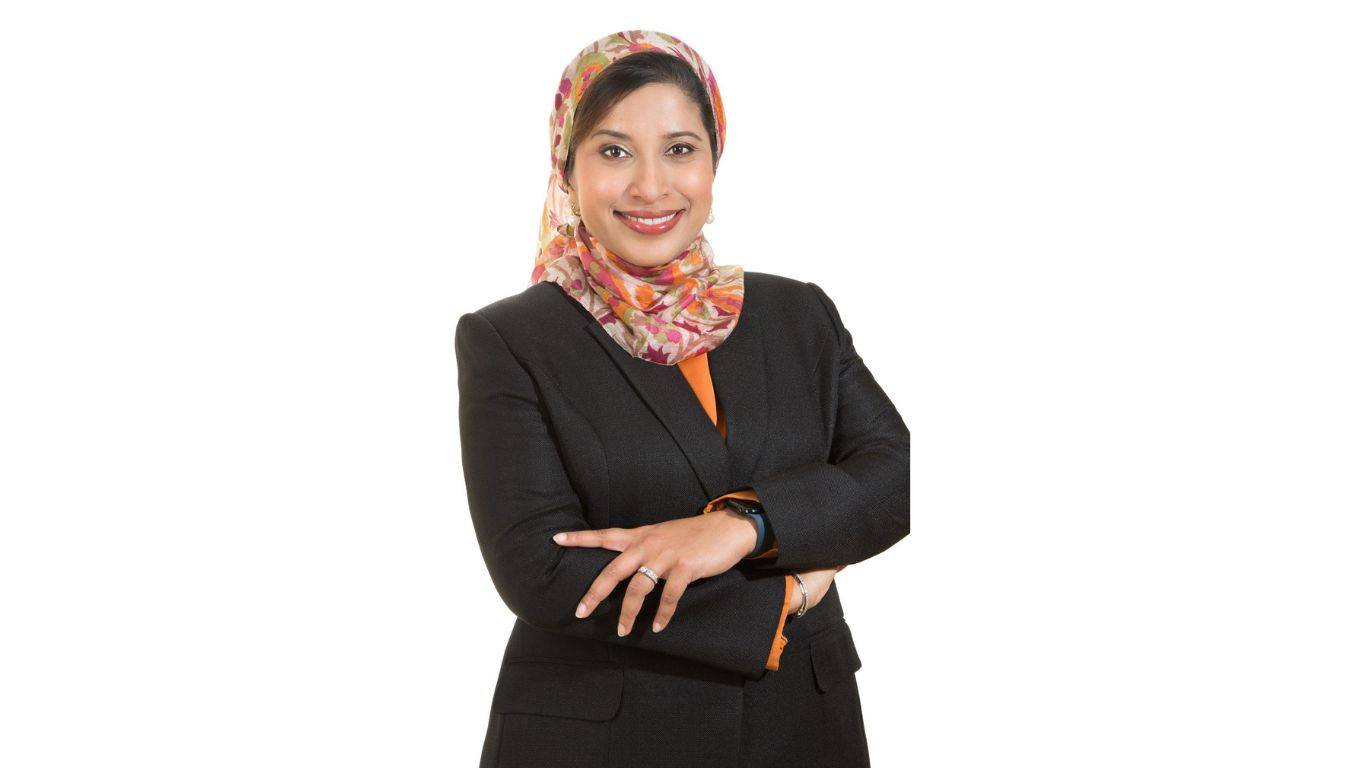Taking the reins: How women can secure their financial futures
Another common misconception is that financial and estate planning is a man’s responsibility, often leaving these crucial decisions to their husbands or male family members.
NOR FAZLINA MOHD GHOUSE
In today’s fast-paced world, women are wearing more hats than ever before. From being the backbone of families to taking charge in boardrooms, women have proven time and again that they’re unstoppable forces of nature.
However, while many excel in their careers and personal lives, one area often remains overlooked: legacy planning. Wills and Wasiat, in particular, are pivotal tools for ensuring your financial legacy reflects your wishes and provides security for your loved ones.
This International Women’s Day, let’s shine a light on why it’s crucial for women to take control of their financial legacies and how they can get started. It’s not just about leaving behind assets; it’s about creating security, peace of mind, and a clear roadmap for loved ones.
Why estate planning matters for women
The statistics tell a compelling story. According to the Department of Statistics Malaysia (2024), women have a life expectancy of 76.9 years compared to 72 years for men, indicating that women are more likely to outlive their spouses and take on the responsibility of managing family finances in their later years. While Malaysia has made progress in closing the gender wage gap, financial challenges persist. Additionally, women often serve as primary caregivers for children or aging parents, making estate planning even more essential. These factors highlight the importance of having a robust estate plan in place.
As women, we often assume that once we’re no longer here, our spouses or family members will naturally step in to carry out our wishes. But how certain are you that your true intentions will be honoured if they are not clearly documented?
Putting your wishes in writing
Without a Will or Wasiat, the distribution of your estate – including your home, savings, and other assets – will follow legal provisions rather than your personal wishes. For non-Muslims, the absence of a Will means your assets will be distributed according to the Distribution Act 1958 (for Peninsular Malaysia & Sarawak) and the Intestate Succession Ordinance 1960 (for Sabah). While these laws outline a statutory distribution process, it may not fully reflect your intentions.
For Muslims, if a Wasiat is not in place, the estate will be managed by the next of kin. While family members may come to an agreement on how to divide assets, disputes can arise. This is where Faraid (Islamic inheritance law) plays a critical role—not just as a method of distribution, but as a dispute resolution mechanism to ensure fairness and harmony among heirs. If all heirs mutually agree to divide the estate in a particular way, there will be no issue. However, if one heir disagrees, his/her portion in the estate will be distributed according to Faraid law while the rest can still follow your wishes or pesanan stipulated in your Wasiat instrument.
Having a Wasiat (for Muslims) is therefore essential — not only to document your wishes but also to serve as a moral guide for your heirs. When your intentions are clearly written, your family members will understand, "Oh, this is how our mother wanted her assets to be divided." A Wasiat fosters a sense of duty among your heirs, ensuring that your legacy is honoured.
Debunking common myths
Let’s address the elephant in the room: many women think they don’t need a Will or Wasiat because they’re "not wealthy" or "still young." Another common misconception is that financial and estate planning is a man’s responsibility, often leaving these crucial decisions to their husbands or male family members. While this might have been the norm in the past, it’s essential for women to take ownership of their financial futures. Here’s why these myths couldn’t be further from the truth:
Myth #1: "I don’t have enough assets to justify a Will."
Even if you don’t own a mansion or a six-figure bank account, you likely have possessions that hold value, whether monetary or sentimental. Think jewellery, savings, or even intellectual property.
Myth #2: "I’m too young for this."
Life is unpredictable. Drafting a Will or Wasiat ensures your loved ones are protected, no matter what happens.
Myth #3: "My family knows what I want."
Relying on verbal agreements can lead to disputes and misunderstandings. A legally binding document removes ambiguity and ensures your wishes are honoured.
Myth #4: "My children can handle my estate, just like I did."
Many parents who have acted as executors for their own parents' estates assume their children will do the same for them. However, this overlooks key differences in generational dynamics and the growing complexities of modern estate management. Younger generations often face demanding careers, limited time and less familiarity with estate administration, making it a challenging task. To ensure impartiality, reduce family conflicts, and benefit from professional expertise, consider appointing a corporate executor instead.
How to get started
Estate planning might sound daunting, but breaking it down into simple steps makes it more manageable:
Take stock of your assets
Start by listing everything you own—your properties, bank accounts, investments, personal belongings and insurance policies.
Identify your beneficiaries
Decide who will inherit your assets. This could include family members, friends, or even charitable organisations.
Choose an executor
This is the person responsible for ensuring your wishes are carried out. While you may select a trusted and capable individual, consider the benefits of appointing a corporate executor, such as a professional trustee. A corporate executor ensures impartiality, reduces potential family conflicts and has the expertise to handle complex estate matters efficiently and professionally.
Seek professional guidance
Drafting a Will or Wasiat isn’t a DIY project. Professionals like Maybank Trustees can help you navigate the complexities of estate planning, ensuring your document is legally sound and reflects your wishes accurately.
Regularly update your plan
Life changes, such as marriages, divorces, births and deaths, can all impact your estate plan. Review it periodically to keep it up-to-date.
Why now is the time
Procrastination is the biggest enemy of estate planning. The truth is, the best time to draft a Will or Wasiat is when you’re healthy and clear-headed. Consider it a gift to your loved ones—minimising stress, confusion and potential conflicts during an already challenging time. Nothing carries more weight than having your wishes documented.

Maybank Trustees chief executive officer Nor Fazlina Mohd Ghouse emphasises the importance of estate planning as a tool for empowerment. She said when women take charge of their financial futures, they’re not just protecting themselves—they’re creating a legacy of strength and security for their families. Estate planning isn’t just about dividing assets; it’s about building a foundation of trust, responsibility and care that will outlast us, she added.
Your call to action
Taking control of your financial future isn’t just empowering; it’s essential. This International Women’s Day, make a commitment to prioritise your legacy. Whether you’re just starting out or need to update an existing plan, Maybank Trustees is here to guide you every step of the way. Schedule a consultation today and take the first step towards securing your legacy.
Nor Fazlina Mohd Ghouse is the chief executive officer of Maybank Trustees.
The views expressed in this article are the author's own and do not necessarily reflect those of Sinar Daily.
Download Sinar Daily application.Click Here!














